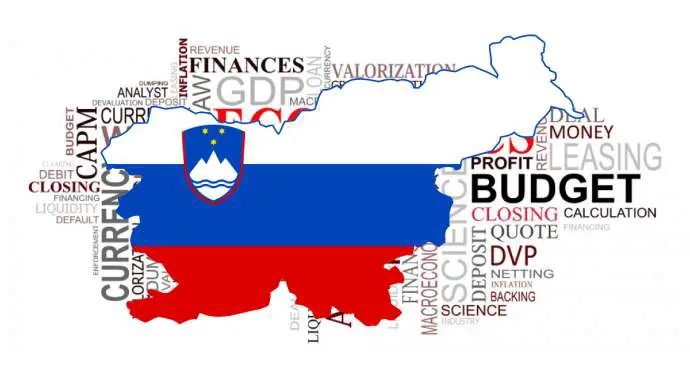STA, 12 October 2021 - Economist Velimir Bole told the Portorož Business Conference on Tuesday that the economic outlook for 2022 was relatively favourable, as the external factors were expected to calm down, including the growth in prices of raw materials. He nevertheless noted that events that trigger uncertainty could happen any time.
Short-term price expectations are very high, including in industry, construction sector and services, and only in commerce they are at ordinary levels, Bole told the first day of the two-day conference hosted by the publisher Finance.
The scientific advisor at the Economic Institute of the Ljubljana Faculty of Law added that short-term expectations regarding production activity and employment in industry and construction were at the 2016-2018 level.
The external factors of business are expected to calm down in 2022, and when it comes to global prices of raw materials, growth is expected to drop below 4% a year.
Bole said that the consensus forecasts of economic growth in the eurozone, Southeast Europe and Slovenia ranged from 4.2% to 4.6%.
Presenting the trends during the Covid-19 pandemic from March 2020 to the beginning of 2021, he noted that expenditure in Slovenia had increased at a higher rate than in the eurozone on average and in Southeast Europe.
However, this has not had as favourable effect on the gross domestic product (BDP) or social security, Bole said.
Comparative data on added value, employment and hours worked also show that the measures taken by the state, in particular subsidies to companies for workers who were not able to work, have not been very well targeted.
There was excessive support for industries that were not strongly affected by the closure of public life, while there was too little support in industries that were the most affected - commerce, transport, warehousing and hospitality, Bole said.
The economist noted the high increase in the general government sector debt. While he does not claim that high debt will not be sustainable in "normal" circumstances, it will be important how Slovenia will be perceived by investors.
The expected calming down of the growth in prices of raw materials reduces the probability of the European Central Bank "pulling the handbrake", i.e. introducing a stricter monetary policy. If it does, consequences will come quickly.
"Forecast for next year is favourable ... and debt will be sustainable if what happened in the eurozone, when mark-ups increased and the ECB started to intervene, does not happen here," Bole added.
According to him, an increased debt will reduce the potential of the state to support long-term technological restructuring as part of green transition and for some other major fiscal commitments, such as investments in healthcare.






